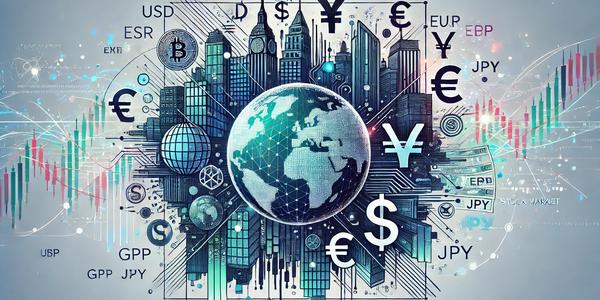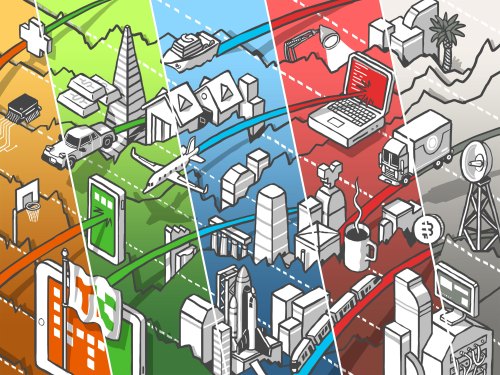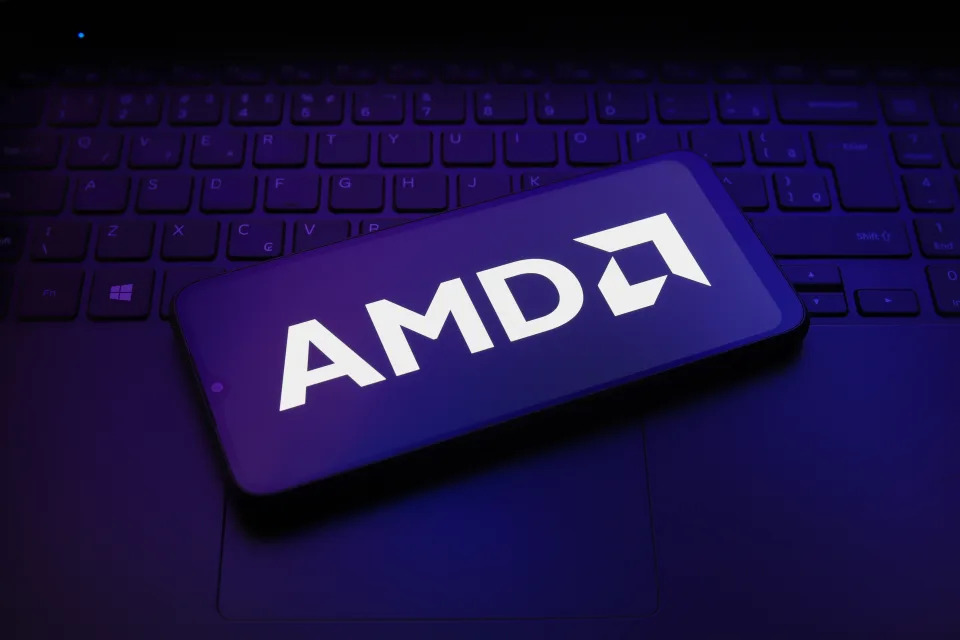As we approach the $1.3 trillion mark in expected value by 2030, the allure of Artificial Intelligence (AI) has captivated both users and investors alike. With its potential to revolutionize decision-making and efficiency, AI has undoubtedly made significant strides. However, a closer examination reveals that this progress has largely been fueled by a centralized development model that overlooks two crucial stakeholders: developers and users.
The Centralized Model’s Flaws
Under the current regime, AI applications are developed with little to no input from those who will ultimately utilize them – the users. This not only results in lackluster personalization but also exacerbates the problem of user data protection. Agents like ChatGPT and other Large Language Models (LLM)-based chatbots have raised concerns about their handling of sensitive information, political bias, and dissemination of false data.
Moreover, developers are constrained by their reliance on centralized models, which severely limit innovation and hinder the ability to address pressing issues surrounding user data privacy. It’s clear that a more inclusive approach is needed – one where developers and users are empowered with ownership and a voice in shaping AI applications.
The Need for Decentralization
Centralized models have fallen short by neglecting the contributions of developers and users, resulting in an ecosystem that prioritizes profits over people. It’s time to adopt a decentralized approach to app creation, leveraging blockchain technology to ensure transparency, security, and community participation.
A decentralized network of Graphics Processing Units (GPUs) would serve as the foundational layer for development, guaranteeing open access and eliminating centralized control. This approach offers not only greater affordability but also an added layer of security against data breaches and cyber threats.
Empowering Communities with Value-Based Rewards
Decentralized networks can incentivize community participation by offering value-based rewards for contributing sensitive information. Blockchain technology enables the monetization of these contributions, fostering a sense of ownership among users.
In a world where online privacy is increasingly scrutinized, decentralized systems provide an added layer of protection against malicious data collection and storage practices. No longer will sensitive information be stored in honeypot databases awaiting cyber attacks; instead, it will be safeguarded within secure, community-driven networks.
Unlocking Customization through Personal Data
By harnessing the power of secure technology and incentivizing contributions, developers can access high-quality, personalized data that is tailored to specific user profiles. This decentralized approach obviates the limitations imposed by centralized models, allowing for agents that provide customized advice based on users’ unique health, financial, or educational needs.
A New Era of Sustainable Growth
Decentralizing AI app development and fostering communities where developers and users are valued will be essential for the long-term growth of AI. By embracing this approach, we can unlock a future where AI agents enhance productivity, communication, and social engagement while safeguarding user data privacy.
Imagine personalized health and wellness apps that offer tailored advice on nutrition and exercise, or intelligent financial planners that analyze spending habits to set financial goals. The possibilities for decentralized AI are vast and varied, with applications like virtual stylists suggesting clothing and accessories based on individual style preferences.
Conclusion
The time has come to rethink the way we develop AI applications – prioritizing transparency, security, and community participation over profit-driven interests. By democratizing AI development, we can unlock the true potential of this trillion-dollar economy and create a future where technology serves humanity’s best interests.
As we embark on this transformative journey, it is essential that we prioritize the empowerment of developers and users through decentralized networks. Together, we can build an ecosystem that values data as a shared resource rather than a commodity to be exploited.












